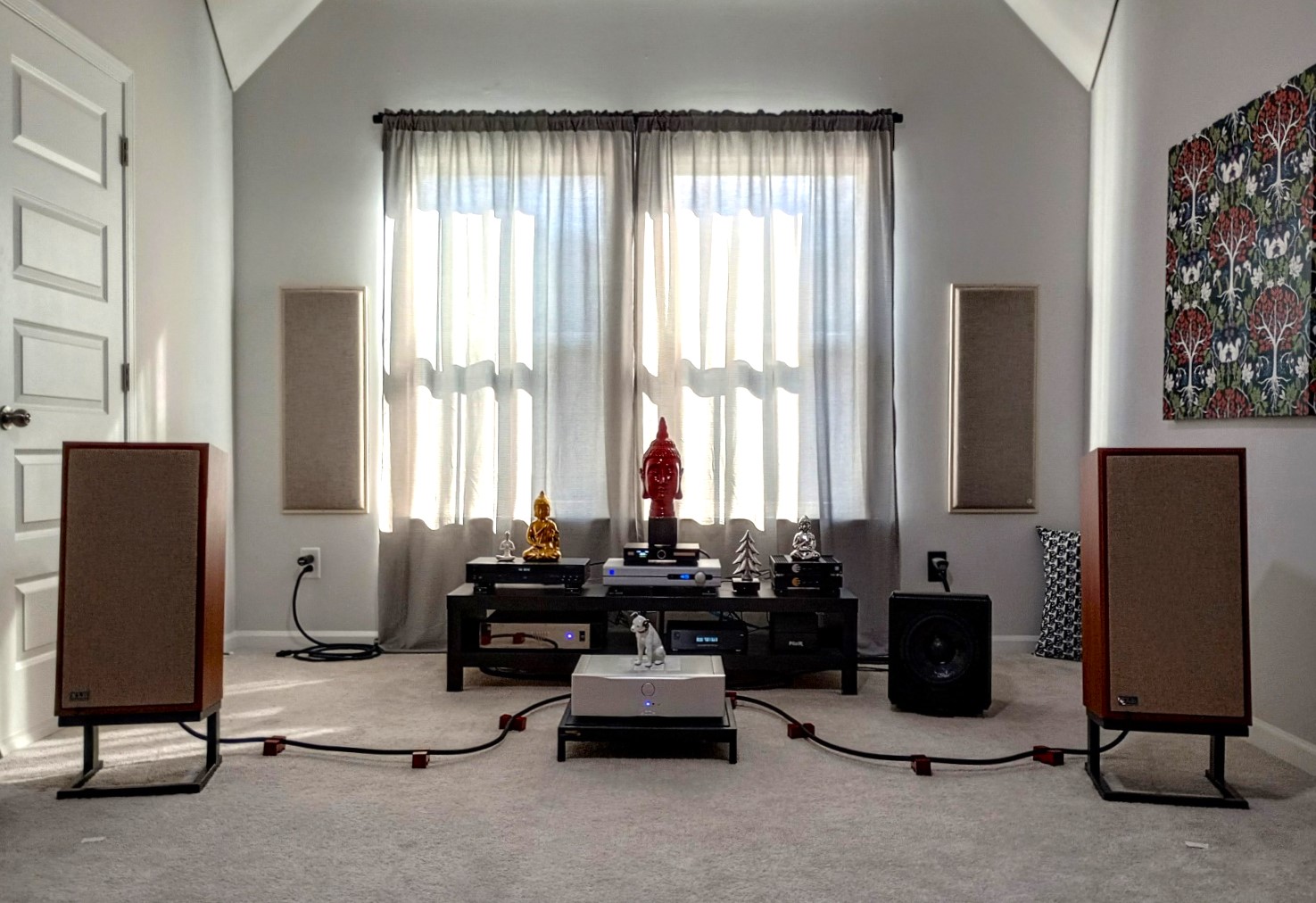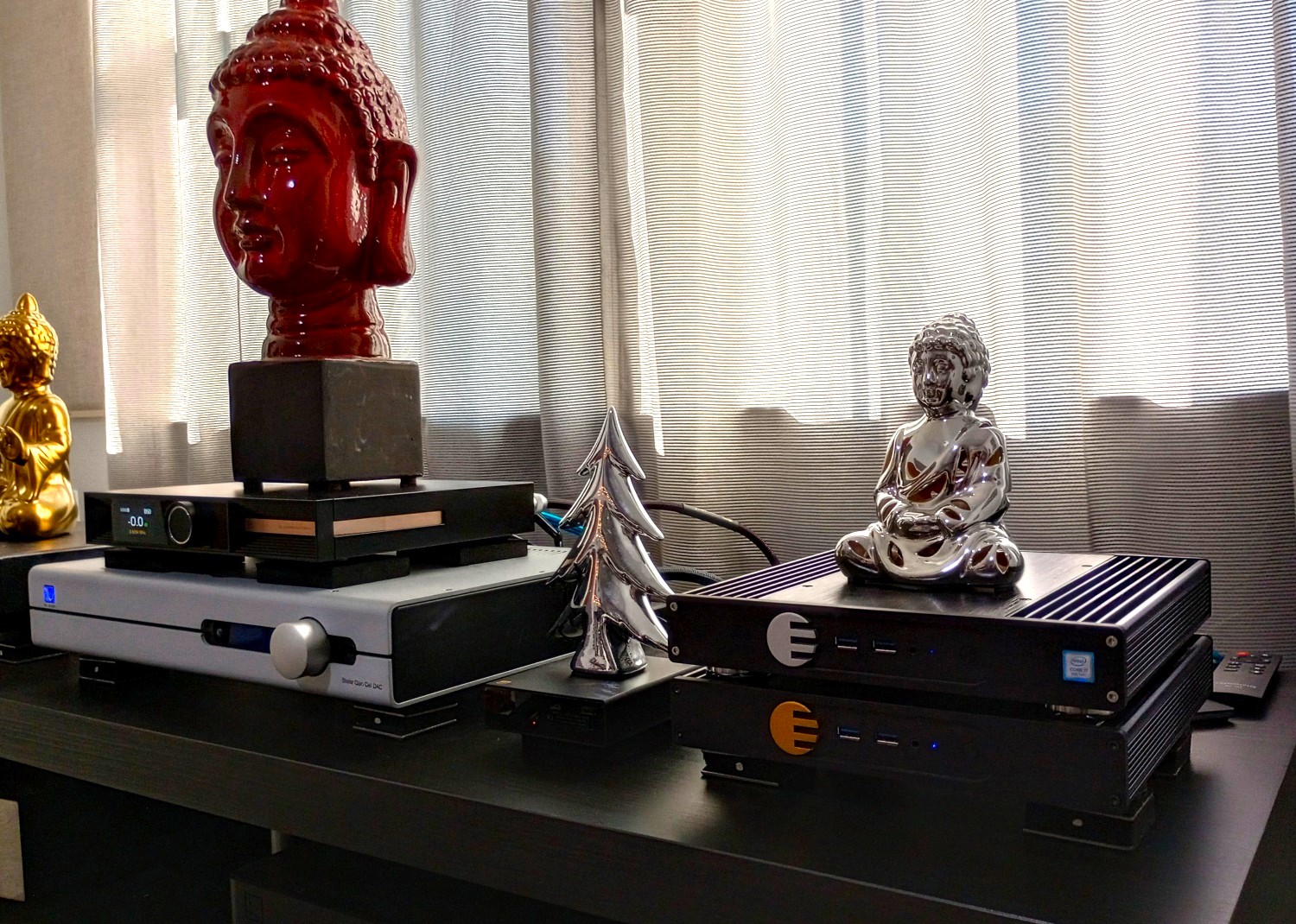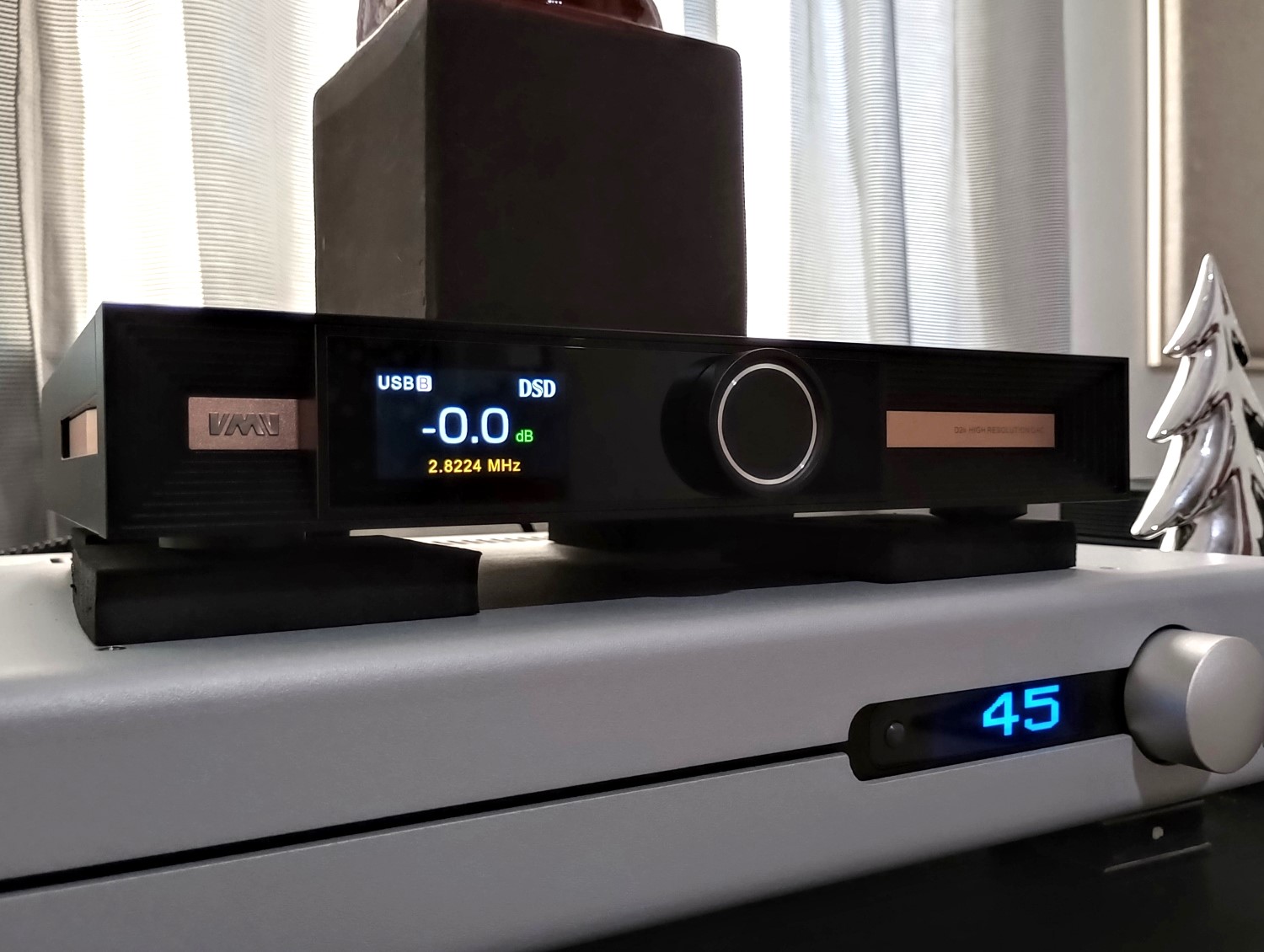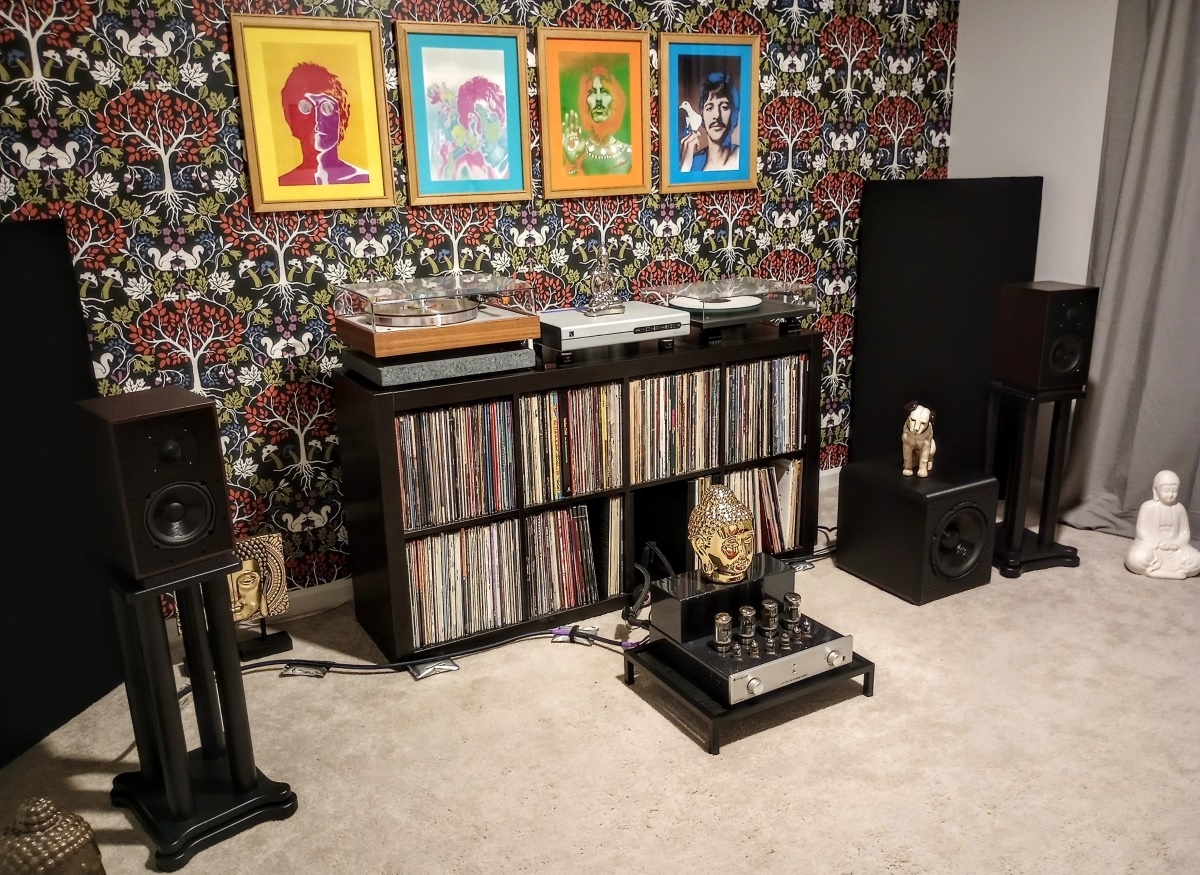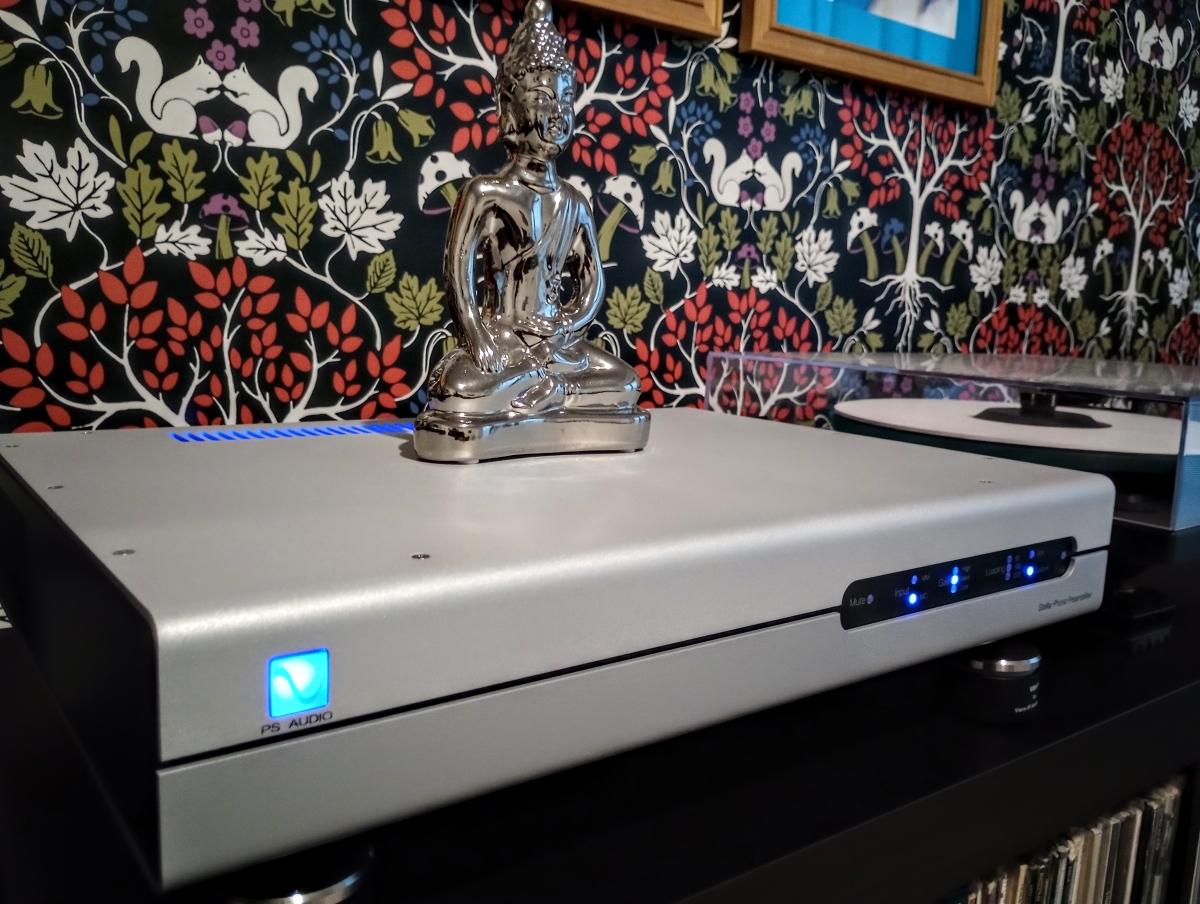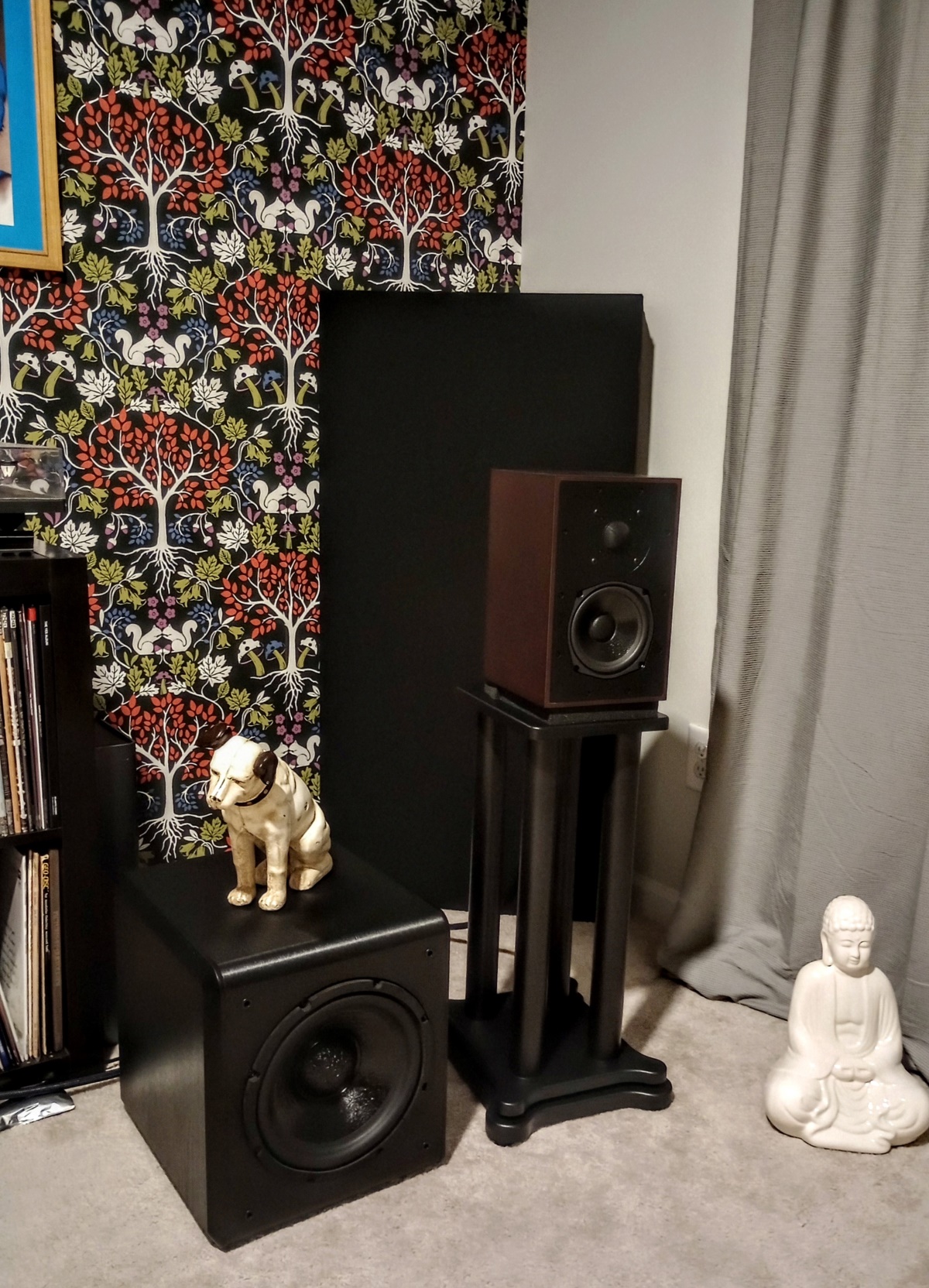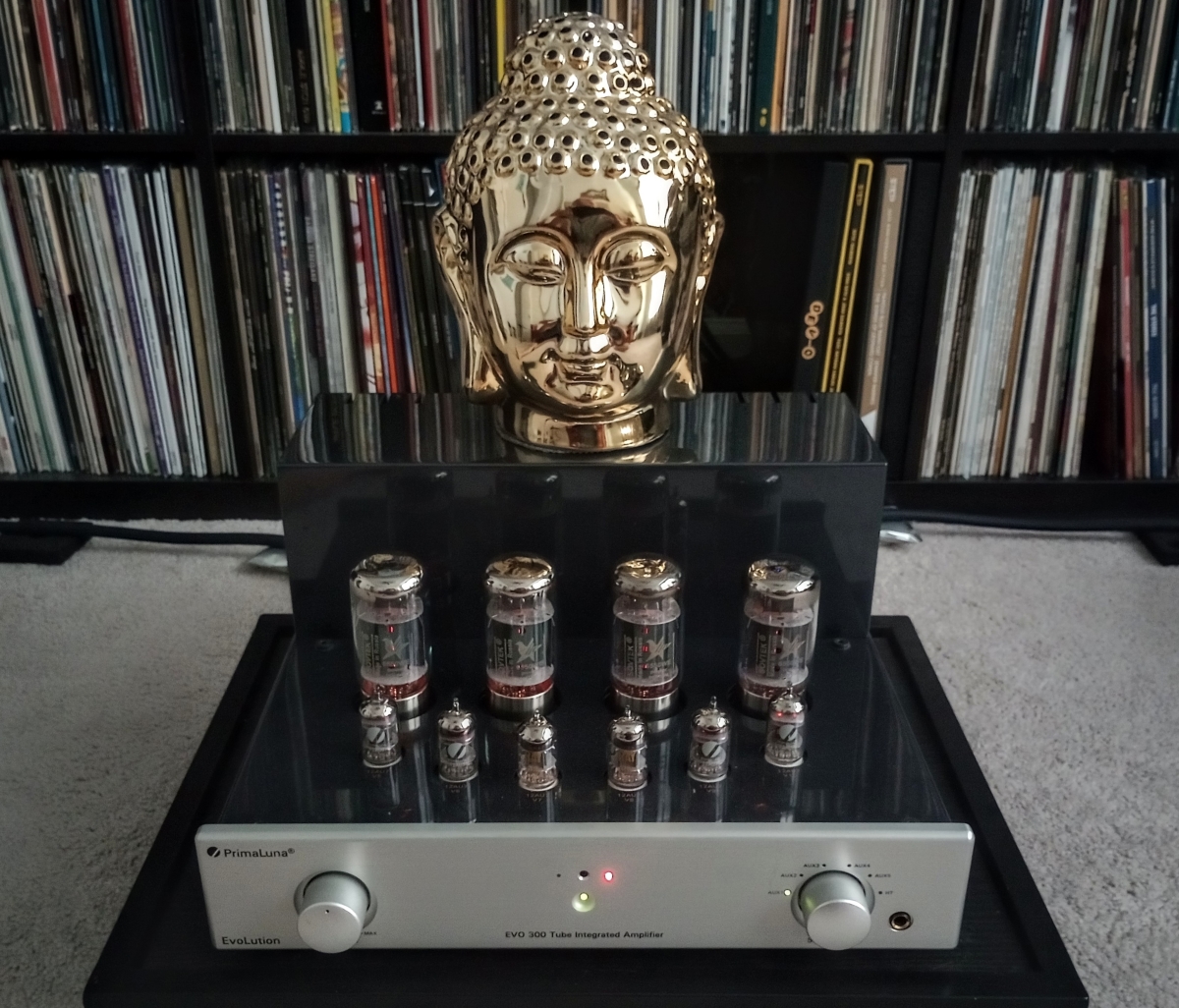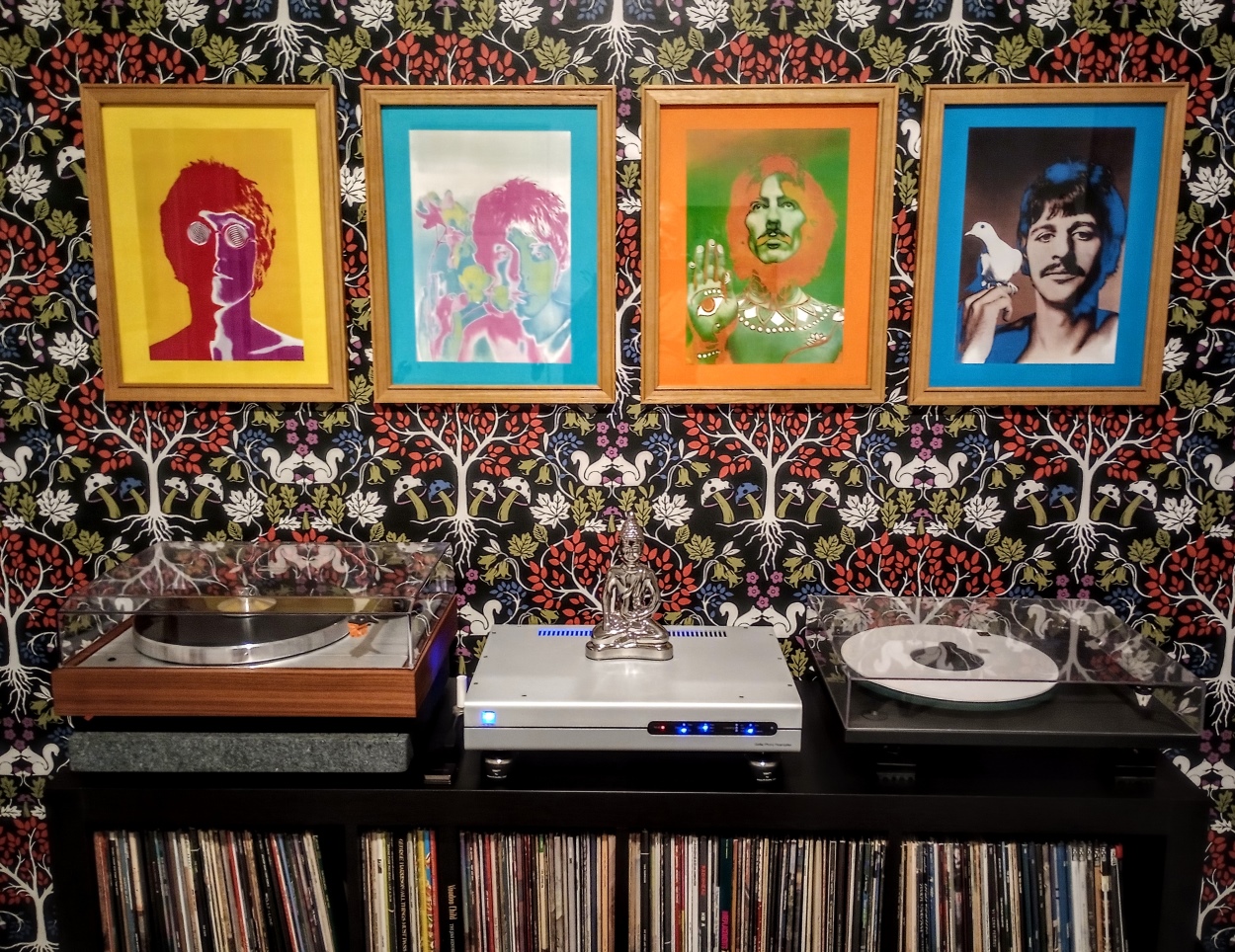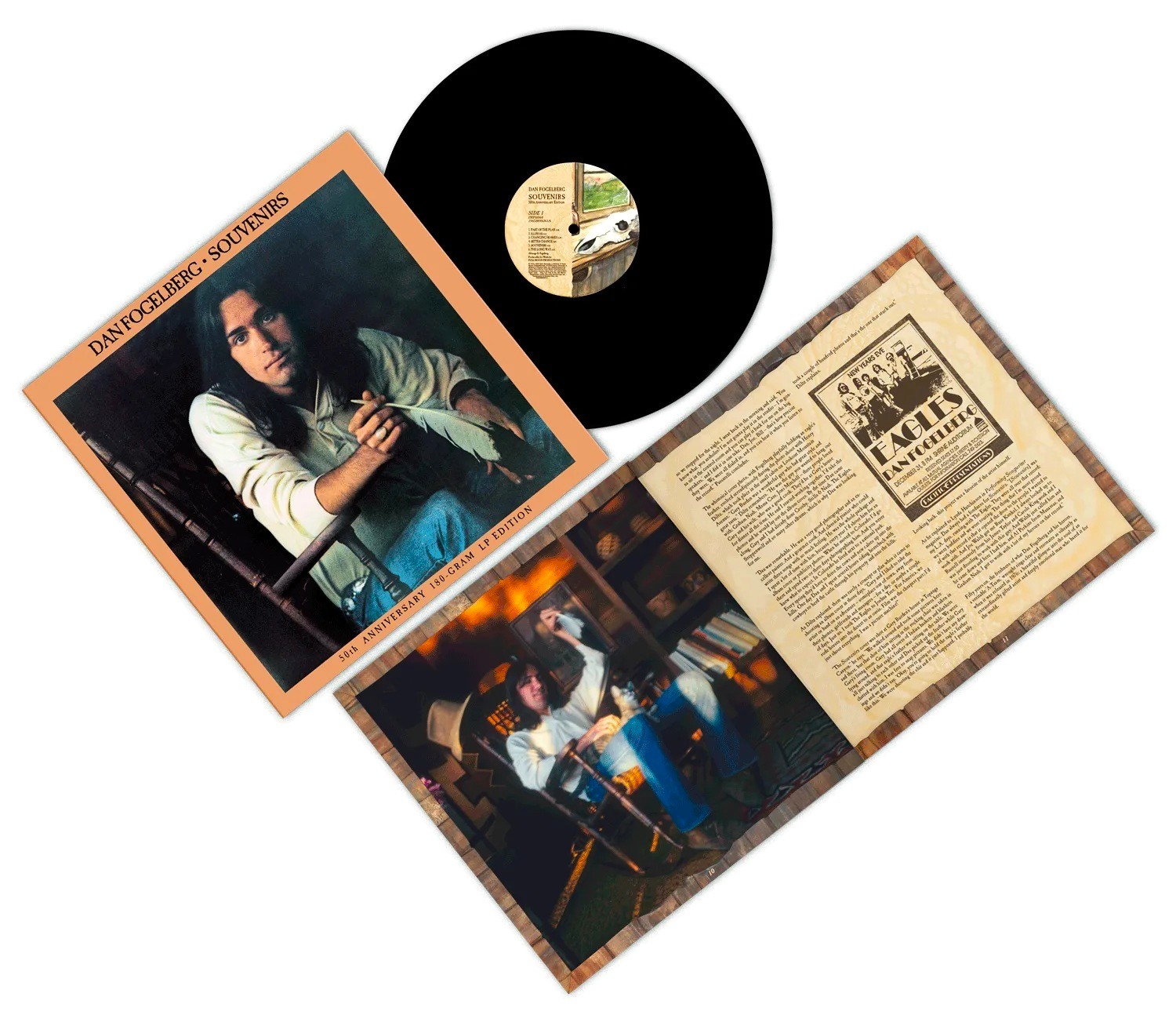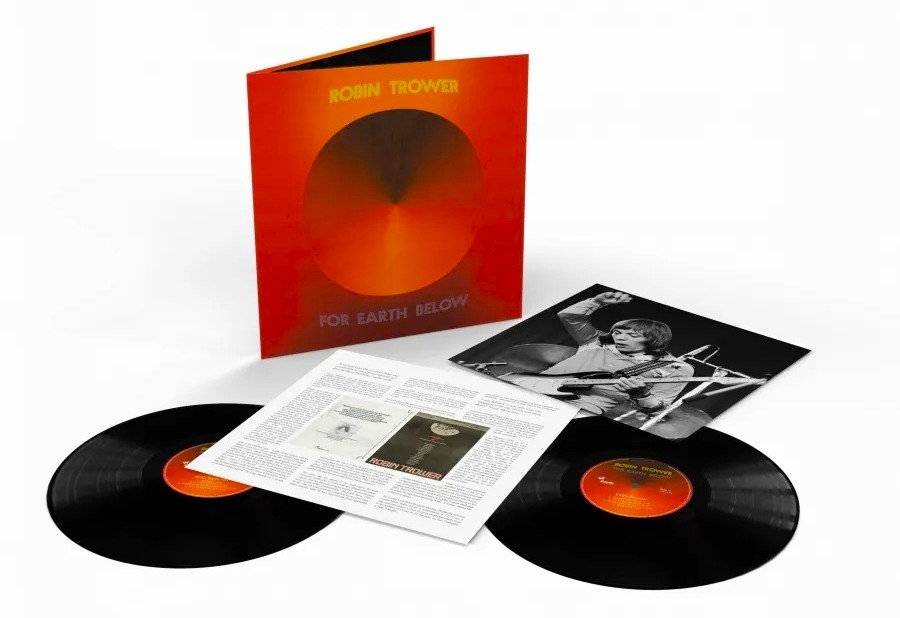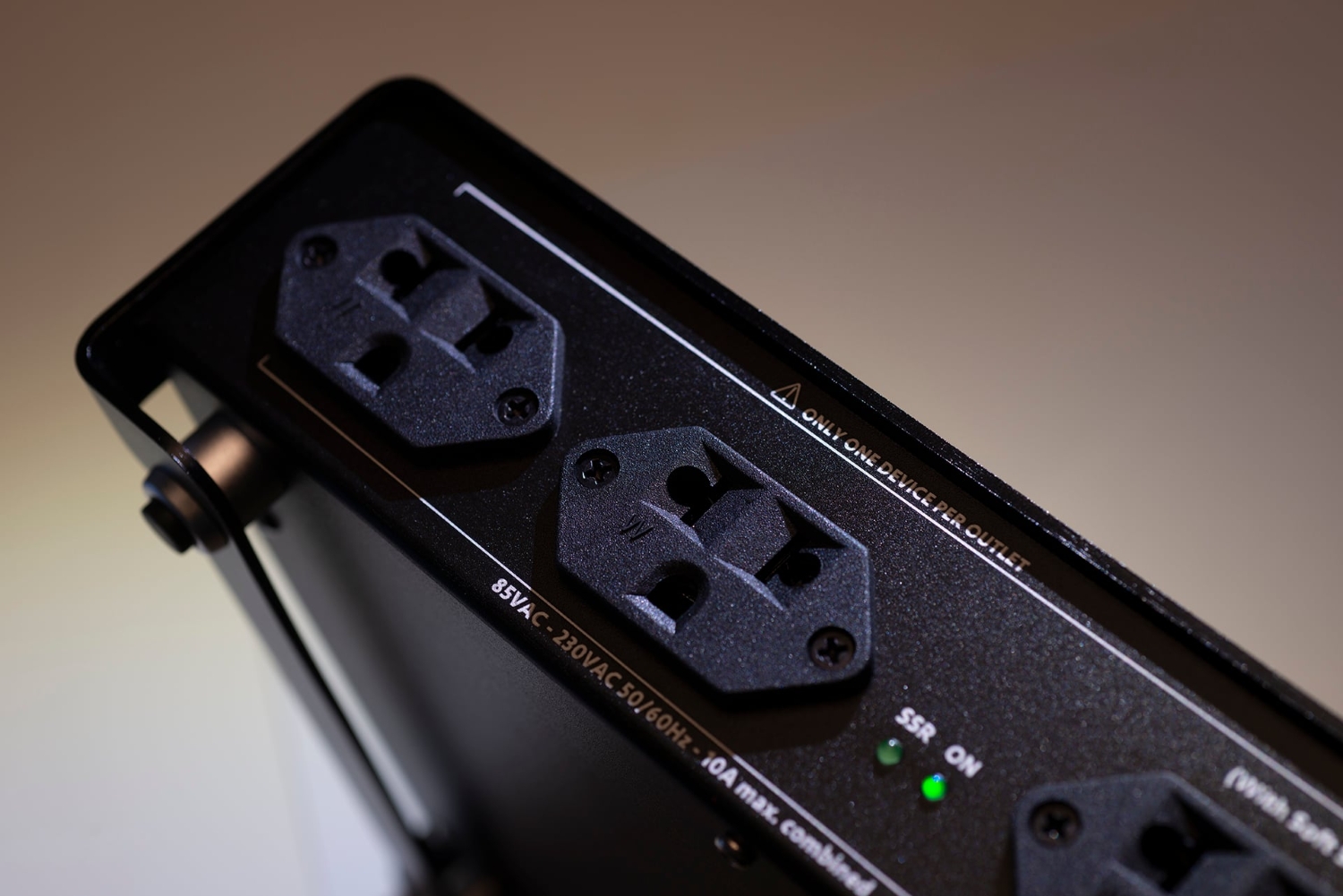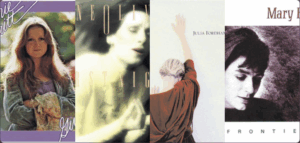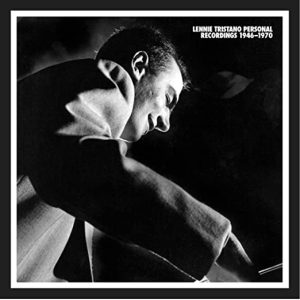Sarah Jarosz: Build Me Up From Bones. 120 gram, black vinyl LP: $21.99 MSRP. Also available as a 120 gram, opaque red vinyl LP; no website or pricing information was available at the time of the review. Available from Craft Recordings.
Sarah Jarosz is a multi-instrumentalist and singer / songwriter who grew up in Wimberley, Texas, a small township that's midway between Austin and San Antonio. She learned to play the mandolin at age 10; as a prodigy and a quick study, she soon became adept with multiple instruments, including guitar, clawhammer banjo, and octave mandolin. In 2009, she came to the attention of Sugar Hill Records, and was signed to a multi-album contract; she was only 17, and was still a senior in high school! Her debut release from that year was Song Up In Her Head, which was nominated for an Americana award for Emerging Artist of the Year; she was also nominated for a Grammy for Best Country Instrumental Performance for the tune "Mansinneedof." After graduating from high school, Jarosz enrolled in the prestigious New England Conservatory of Music, earning a degree in Contemporary Improvisation in 2013. During her final semester at the conservatory, Build Me Up From Bones, her third album for Sugar Hill, was released to critical acclaim; the record also received multiple Americana and Grammy award nominations.
Build Me Up From Bones showed significant artistic growth and maturity by Jarosz as both a musician and songwriter—she composed nine of the album's eleven songs. And it was a great success, as well, reaching No. 1 on the Billboard Americana charts. For this record, her songwriting became much more introspective and personal in nature, which obviously connected with the record-buying public; the album is widely regarded as her critical and commercial breakthrough. Jarosz co-produced the record with longtime collaborator Gary Paczosa (Dolly Parton, Alison Krauss, Nickel Creek), and the album is a showcase for her evocative and emotional vocals along with her accomplished musicianship on guitar, mandolin, and banjo. The album features regular Jarosz collaborators fiddler Alex Hargreaves and cellist Nathaniel Smith, along with a veritable showcase of talent including the likes of Jerry Douglas on dobro, Jedd Hughes on vocals and guitar, vocalists Darrell Scott and Aoife O'Donovan, bassist Viktor Krauss, and legendary pedal steel player Dan Dugmore. Making guest appearances on the album are Nickel Creek's Chris Thile on mandolin, along with vocalist Kate Rusby, who provides harmony vocals on the track "Gone Too Soon."
Side One features mostly larger ensemble performances, and starts off with probably the most up-tempo number on the entire album, the Jarosz-penned "Over the Edge," which features some exceptional lap-steel guitar work from Dan Dugmore and really great accompaniment on guitar and harmony vocals from Jedd Hughes. "Endless lines of information...change the words & change the station...endless cries of complication...is anybody even listening?" She's a twenty-two-year-old, full-time college student, writing and recording an album, and she wants you to know, she's "hanging out over the edge!" "Fuel the Fire" opens with some authentic clawhammer banjo picking from Jarosz; Chris Thile (of Nickel Creek) adds some excellent mandolin fills. "Mile on the Moon" features some intricate interplay between Jarosz's octave mandolin and Jedd Hughes' guitar; Hughes also adds a superb harmony vocal alongside Jarosz, and Dan Dugmore provides a really haunting electric guitar motif. The title track, "Build Me Up From Bones," is the only trio number on side one, and also features a beautiful harmony vocal from Aoife O'Donovan, Jarosz's collaborator (along with Sara Watkins) in the side project I'm With Her (which won an Americana award in 2018). "Dark Road" is a really haunting song about loneliness and emptiness, and features a superb dobro turn from Jerry Douglas, who trades licks with Darrell Scott on electric guitar. Kai Welch (a regular cohort of banjoist Abigail Washburn) contributes harmony vocals to the very touching summation of side one.
A more typical representation of Sarah Jarosz's live performances is found on side two, where most of the songs feature her normal touring ensemble of violinist Alex Hargreaves and cellist Nathaniel Smith. It opens with the first of the album's covers, a plaintive rendition of Bob Dylan's "Simple Twist of Fate," featuring only Jarosz on vocals and Nathaniel Smith's cello. Sarah's vocal displays her incredible range to great effect, and Smith manages to coax a broad range of sounds between bowing and picking his instrument that totally transcends its classical heritage—this song is undoubtedly the album's highlight and alone worth the price of admission. "1,000 Things" has Jarosz on guitar, along with Hargreaves and Smith; Kenny Malone adds sprinkles of percussion throughout. Sarah's vocal simply soars; she easily mimics a chord progression from Hargreaves' violin, and Smith's cello again provides a range of sounds that makes you swear there's a bass player on this tune. "I find that I don't do so well...with the words that hide from me...but the ones that introduce themselves...say a thousand things to me."
"Gone Too Soon" is the only larger ensemble piece on this side of the album, and features a really poignant harmony vocal from Kate Rusby; the song opens with some nifty flatpicking on the octave mandolin by Jarosz, and Jerry Douglas displays his artistry on the dobro in the song's center. The final two songs on the LP are trio numbers; "Anything Else" features some excellent guitar work from Jarosz. The album closes with Joanna Newsom's "The Book of Right-On," which is easily the most non-traditional song on the album, bordering on alt-pop; Jarosz's mandolin picking is delightful, and again, Hargreaves and Smith's contributions add layers of depth and weight to the song than one would rightly expect from a trio outing.
Craft Recordings Reissue LP
Two versions of this album are being made available; both are 120 gram standard weight vinyl, with the standard release pressed on black vinyl, and a limited edition opaque red vinyl version available from Sarah Jarosz's website. My review copy arrived as the opaque red version, and I have to admit—it's pretty freaking gorgeous! At the time of my review, no information was available on Sarah Jarosz's website for purchase of the limited edition red vinyl version. It was impossible for me to determine from what little information I had where the album was pressed, and no information was provided as to the provenance of the source tapes for the LP.
My listening was done through my usual analog front end, which features a ProJect Classic turntable fitted with a Hana SL moving coil cartridge, with the signal fed into a Musical Surroundings Phonomena II+ phono preamp that's powered by a Michael Yee linear power supply. For this LP, I used my PrimaLuna EVO 300 integrated tube amplifier powering the Zu Audio Omen loudspeakers. The PrimaLuna's EL-34 tubes gave the LP an organic sound quality that was rendered with impressive fidelity—Sara Jarosz and company were virtually there, live in your listening room.
I listen to a lot of vinyl, and I feel that I have a pretty good pulse on the general state of LPs in terms of pressing quality—which in my recent experience has been very good—especially anything Craft Recordings has been involved in. There's been a lot of online discussion regarding the sound quality of colored vinyl pressings, and I've been able to glean some impressions from following those discussions. It seems that most people seem to think that translucent colored vinyl sounds perfectly comparable to standard black vinyl. And that opaque colored vinyl tends to fall closer to the noisier end of the spectrum. Up to the point of the arrival of Build Me Up From Bones, I couldn't really comment on any personal experience with bad-sounding colored opaque vinyl of late, and listening to side one proved a very enjoyable listening experience. The pressing was definitely very slightly noisier than a typical black vinyl pressing, but nothing that isn't unexpected as part of the vinyl experience, and didn't get at all in the way of the music.
Until we got to side two, where I was immediately greeted by a loud repetitive scuff during the opening track, Jarosz's excellent cover of Bob Dylan's "A Simple Twist of Fate," which Jarosz sings accompanied only by Nataniel Smith's cello. Unfortunately, the scratch continued throughout the song, and for about half the duration of the side. Although I'd visually inspected the LP prior to playback and didn't see anything out of sorts, I stopped the LP and took another look—everything looked perfect. At that point, I cleaned the LP and my stylus, and returned the disc to the platter, but it didn't make any difference in the level of noise I was experiencing. Compounding the situation, side two is the more sparsely instrumented and relatively quiet side of the LP; that only made the repetitive noise pattern that much more egregious.
This is an audiophile website, so I basically have an obligation to report on aspects of the overall listening experience that might not make their way into a typical album review on another publication. An additional problem I encountered with the red vinyl pressing was that there was no lead-in groove to speak of on either side of the LP—there was virtually no space between the outer bead edge of the LP and the first groove of the first track on each side. Lowering the tonearm almost always resulted in a jarring beginning that wasn't always at the exact start of the record; it was almost impossible to avoid during my multiple plays of the LP. And this is the first issue of this nature I've encountered with LP reissues in recent years. Hopefully the standard LP reissue from Craft improves upon both the noise issues and lead-in groove problems with the colored vinyl.
Despite all the album's groove noise, I was still able to experience a reasonable level of enjoyment from the LP, although this is definitely one of those instances where a good high resolution digital file would probably easily trump the LP's overall sound quality. I did listen to the CD-quality digital files for the album provided by Craft, and they were very good—this is definitely a great-sounding album, and I would never have guessed that the digital files were only 16/44.1. And the digital files contain a bonus track, "Rearrange the Art," which is another really great larger-ensemble song. It's just very unfortunate that my particular copy of the LP was so very noisy.
All images provided by Chummy Press









